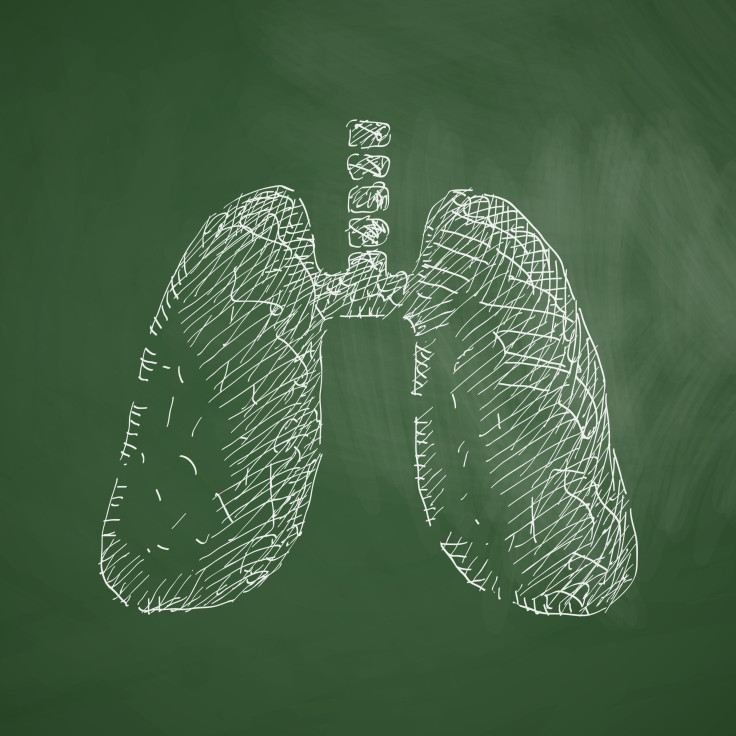Children With Asthma May Suffer From Hidden Peanut Allergy

For many children, both asthma and food allergies have increasingly become an annoying fact of life. Yet, despite the similar origins of both conditions, namely an overactive immune system, few have tried to explore any possible connections between the two.
Now, in a study set to be presented at the American Thoracic Society 2015 International Conference, a team of Ohio researchers have just done that, and the results are rather surprising. Not only did many children with asthma test positive for a peanut allergy, but often times, the families didn't even know about it.
Examining the medical charts of 1,517 children who passed through the pediatric pulmonary clinic at Mercy Children's Hospital in Toledo, Ohio, the authors looked back in time to see if any of the children had either been diagnosed with a peanut sensitivity or ever underwent blood testing for potential allergies. Hundred and sixty-three children, or about ten percent of their sample, had a documented peanut allergy, while 665 children (43.8 percent) had been tested. Of them, 148 children tested positive for a peanut allergy, but more than half of the families weren't aware of it beforehand. This might be because how similarly the two conditions express themselves in children. "Many of the respiratory symptoms of peanut allergy can mirror those of an asthma attack, and vice versa," said study lead author Dr. Robert Cohn in a press release, "Examples of those symptoms include shortness of breath, wheezing and coughing."
The authors explain that asthma and allergy can compound one another. "Coexistence of peanut allergy with asthma could be a risk factor for increased morbidity and mortality," they wrote in their abstract, "Also some asthma medications should be avoided in children with peanut allergy." As their work is only preliminary, there are obviously still some provocative questions. There’s no telling how many of the untested children might have tested positive for an allergy; or if the rates of allergy they found would be replicated among children with milder asthma or among adult asthmatics, though, the authors note that the rates of known allergy were similar across all the age groups they studied.
Aside from calling for further research, the authors hope that by raising awareness of this possible link, both doctors and parents can better explain especially troublesome bouts of asthma that come saddled with unmanageable coughing or wheezing. "If a physician is having this problem, or if a parent notices it in his or her asthmatic child, they should consider testing, even if they believe their child is not sensitive to peanuts," said Dr. Cohn.
Source: Cohn, Robert C. Al-Yazji, A. Prevalence Of Peanut Sensitivity Among Children With Asthma. ATS Journals. 2015.



























